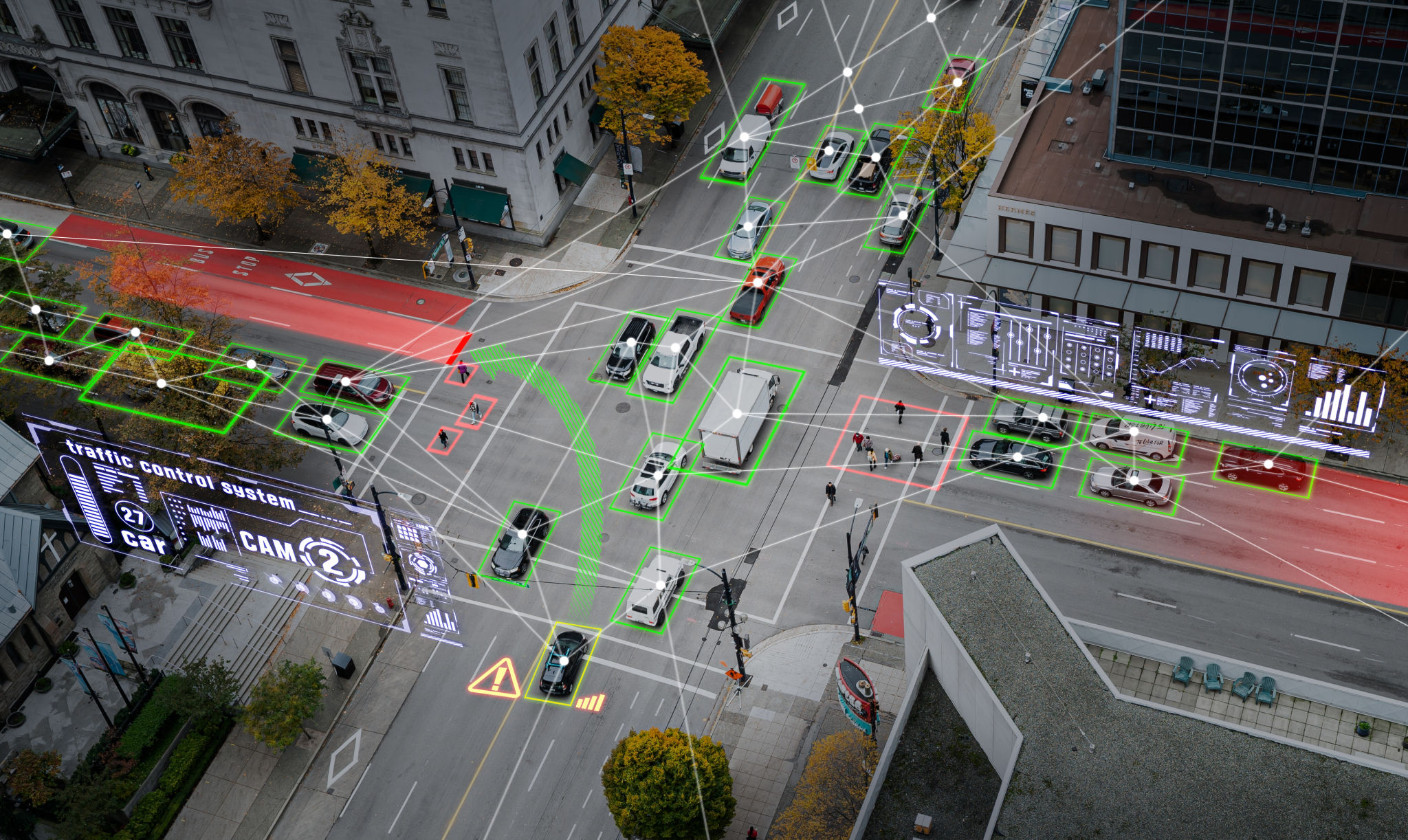Emerging Smart City Trends in the USA: What to Expect Next
The Rise of Smart Cities in the USA
The concept of smart cities has been steadily gaining traction in the United States. As urban areas confront challenges like overcrowding, pollution, and resource management, smart technologies offer promising solutions. These innovations aim to improve the quality of life for residents by enhancing efficiency and sustainability.
Many American cities are now investing in smart infrastructure to tackle these issues. Technologies such as IoT (Internet of Things), AI (Artificial Intelligence), and big data analytics are being integrated into urban planning to create more responsive and adaptive environments.

Key Trends Shaping Smart Cities
IoT and Connectivity
IoT is a cornerstone of smart city development. By connecting various devices and systems, cities can collect and analyze data to make informed decisions. This connectivity improves services like public transportation, waste management, and energy distribution, making them more efficient and cost-effective.
Green Infrastructure
Sustainability is a critical component of smart city initiatives. Many cities are investing in green infrastructure, such as solar panels, green roofs, and urban farming. These efforts not only reduce carbon footprints but also promote healthier living environments.

Smart Transportation
Transportation is another area where smart technologies are making a significant impact. From autonomous vehicles to smart traffic management systems, cities are employing innovative solutions to reduce congestion and improve mobility. Enhanced public transport networks powered by real-time data are also becoming more prevalent.
Challenges and Considerations
Data Privacy and Security
As cities become more connected, concerns about data privacy and security arise. Protecting sensitive information is crucial to maintaining public trust. Cities must implement robust cybersecurity measures and transparent data policies to ensure residents feel secure.

Equitable Access
Ensuring that all citizens benefit from smart city developments is an ongoing challenge. Addressing the digital divide and providing equitable access to technology is essential for fostering inclusive urban growth. Cities need to balance innovation with accessibility to prevent marginalization.
The Future of Smart Cities
The future of smart cities in the USA looks promising as technology continues to evolve. With ongoing advancements in AI, IoT, and machine learning, the potential for creating more efficient, sustainable, and livable urban spaces is immense. Collaboration between government entities, private sector companies, and residents will be key to successfully implementing these initiatives.
In the coming years, expect to see more innovative projects that push the boundaries of what modern cities can achieve. As these trends continue to unfold, they will undoubtedly shape the landscapes of American cities for generations to come.
